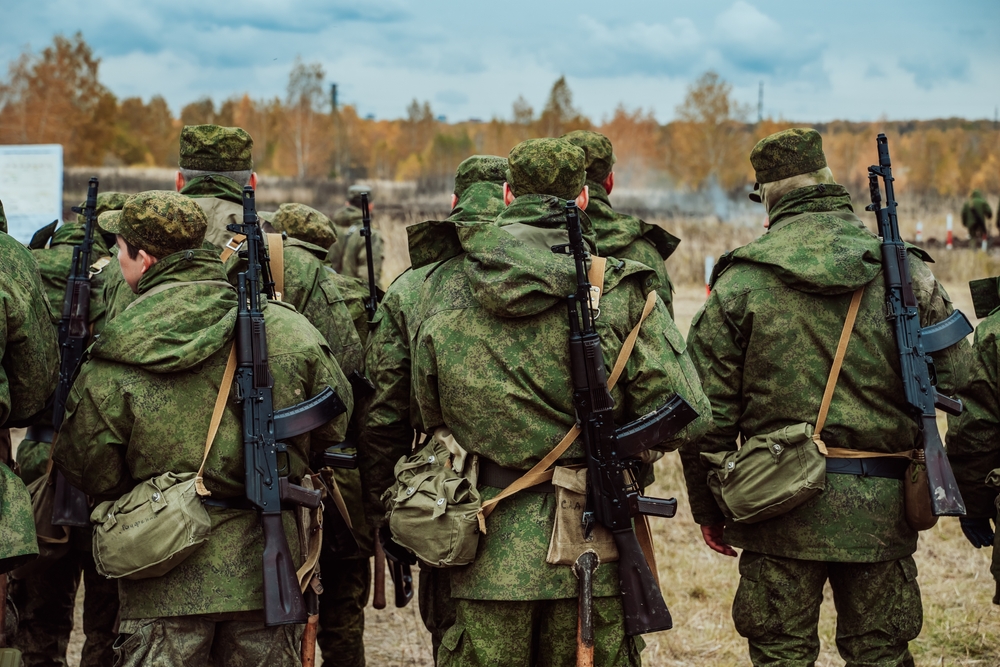Russia Eyes Ceasefire as Tactical Pause for Future Ukraine Offensive, Warns ISW.
Others are reading now
Russia may use any negotiated ceasefire in Ukraine as an opportunity to regroup and prepare for future offensives, according to a recent assessment by the Institute for the Study of War (ISW), reported by Ukrinform.
This analysis comes amidst ongoing speculations about Russian President Vladimir Putin’s intentions regarding peace talks.
Kremlin’s True Intentions
Despite some Western media reports suggesting Putin’s interest in a ceasefire, ISW analysts assert that the Kremlin’s actions and rhetoric indicate otherwise. Putin appears uninterested in meaningful negotiations that would prevent the dismantling of an independent Ukrainian state.
The ISW suggests that a ceasefire would merely serve as a strategic pause for Russia to strengthen its military capabilities for future campaigns in Ukraine.
Also read
Russia’s past actions in Crimea and the Donbas region highlight a pattern of violating international agreements. Since recognizing Ukraine’s independence in 1991, Russia has repeatedly breached commitments like the 1994 Budapest Memorandum, which guaranteed Ukraine’s sovereignty and territorial integrity.
The ISW underscores that there is little reason to believe the Kremlin would honor any new agreements, given this track record.
Strategic Preparations During Ceasefire
A ceasefire, according to the ISW, would enable Russia to reconstitute its forces and mobilize its defense industrial base without the immediate pressures of ongoing conflict. This period could see Russia divert manpower and resources to prepare for a more extensive military campaign aimed at achieving regime change, demilitarization, and eventual conquest of Ukraine.
ISW analysts argue that Russia might anticipate a frozen frontline would decrease the urgency and relevance of Western support for Ukraine, potentially allowing Russia to outpace Ukrainian preparations for resumed hostilities.
Territorial Concessions and Long-term Goals
The ISW notes that Russian discussions about a ceasefire often include territorial concessions. However, these discussions rarely address the broader strategic objectives of Putin’s war in Ukraine. Ceding occupied territories could imply that Ukrainian territorial integrity is negotiable, setting a dangerous precedent for future Russian demands and undermining Ukrainian statehood.
Preparing for NATO Conflict
The ISW highlights that Russia is also preparing for the possibility of a conventional war with NATO. The Kremlin likely views Ukrainian capitulation as essential to securing resources and manpower for a larger conflict with NATO. A victory in Ukraine would provide Russia with access to significant resources and potentially millions of people for military conscription.
In conclusion, the ISW’s assessment suggests that any ceasefire or negotiated settlement short of Ukrainian capitulation would be seen by Russia as a temporary halt in its long-term objective of dismantling Ukraine as an independent state.


